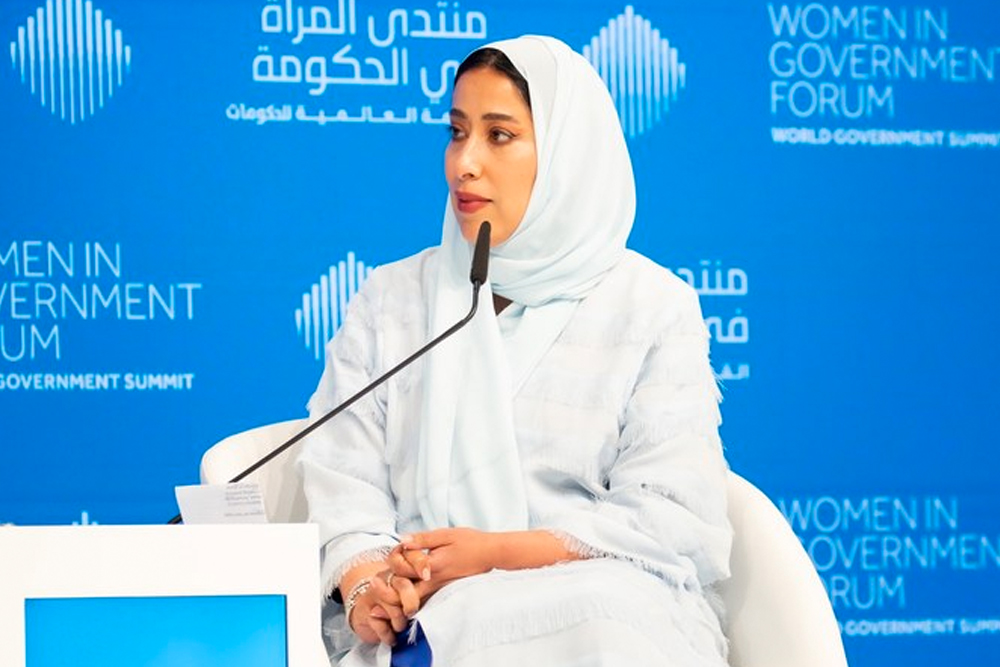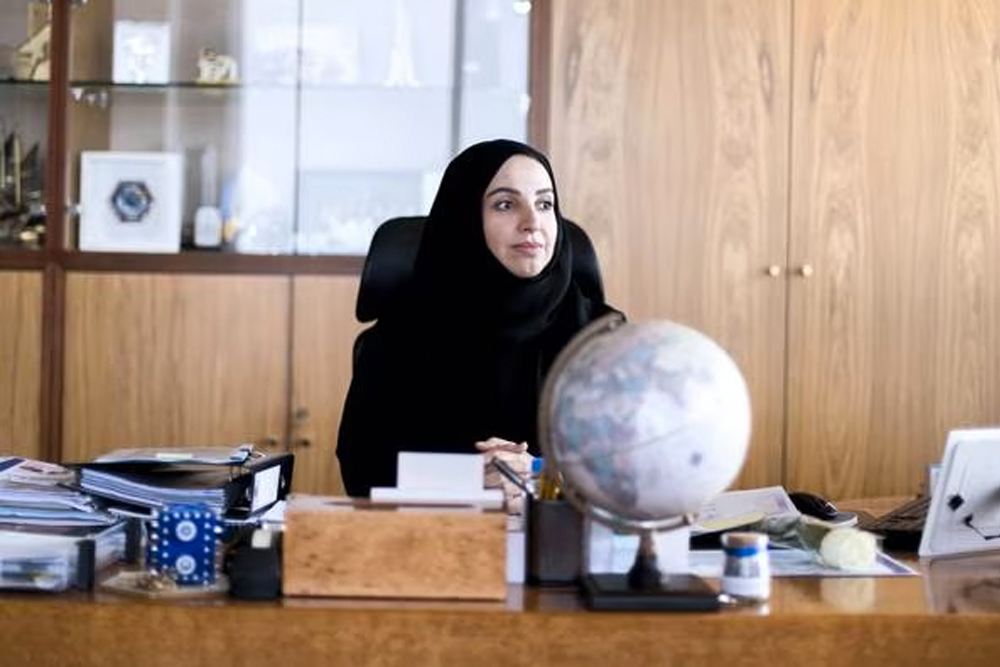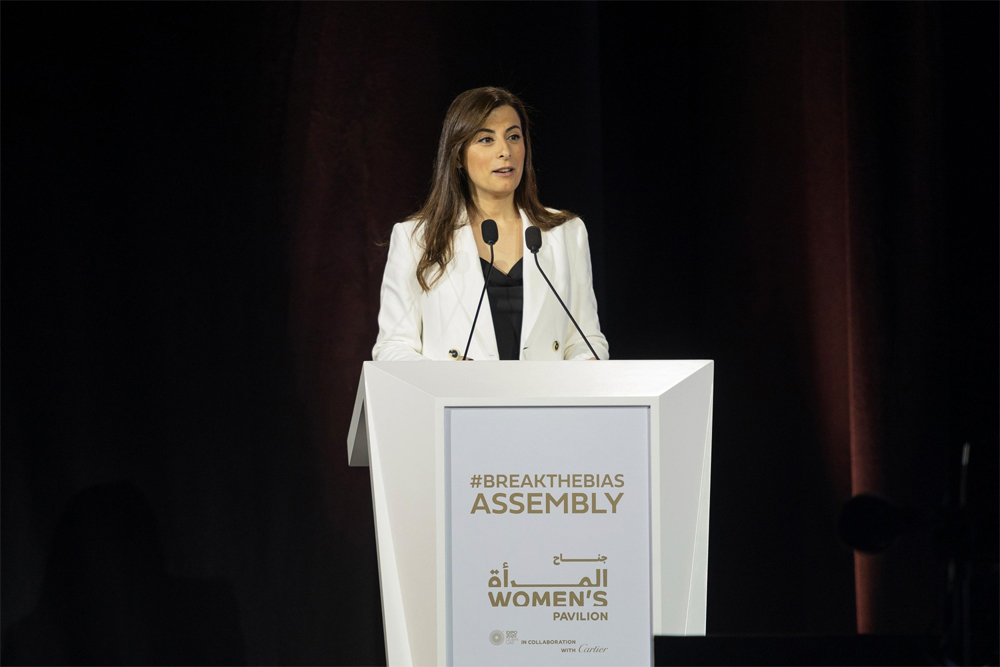
An organization devoted to improving relations between the UAE and the UK recently sponsored a symposium to study the accomplishments and challenges of female leadership in the Emirates.
The meeting of the Emirates Society took place against the backdrop of heightened efforts by the UAE government to prioritize gender equality in the nation's growth strategies.
The main driver of the changes has been legislative reform, which has included measures like a 30 percent increase in maternity leave and private-sector rules like requiring one woman to serve on every board of publicly traded companies.
One of the debate panel's experts, Diana Wilde, pointed out that communities as well as political will were responsible for the recent change in perceptions of women in the workforce. Co-founder of Aurora50, a social company located in the UAE that assists enterprises in fostering an inclusive culture by enhancing internal management, Wilde explained while there has been advancement inside very multinational corporations, this is not a representation of everyone in the UAE and has to spread to smaller corporations as well. In addition to removing structural obstacles like unconscious bias training, Wilde urged for assistance programs that addressed the social issues that women confront, such family obligations.

According to Fatema Al-Nuaimi, executive vice president of downstream business management at the Abu Dhabi National Oil Co., gender parity in the workplace is essential to increasing a company's chances of success, not just for social reasons. Key performance indicators were first placed as part of ADNOC's gender balance plan, which was introduced in 2016. Al-Nuaimi was initially against the notion, but she later realized that it was crucial to drive change since it made an organization seek more carefully for talent.

The Anwar Gargash Diplomatic Academy's senior research fellow, Dr. Sara Chehab, said it had taken time to achieve gender parity in the diplomatic world. She is the author of the 2023 Women in Diplomacy Index and she stated that women remained underrepresented in ambassadorship positions internationally. Nonetheless, she emphasized the recent increase of female ambassadors in Saudi Arabia and the United Arab Emirates as proof of the region's growth. Chehab also said that the UAE Ministry of Foreign Affairs and International Cooperation employed 49.5% women, demonstrating that steps had already been taken and that it was only a matter of time until women started to rise in the diplomatic ranks of the nation.

















